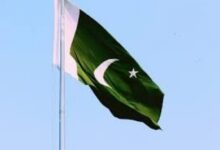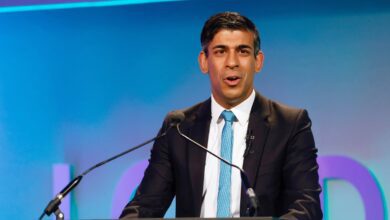Traditional medicine has a long history in India, according to WHO director Ghebreyesus
The head of the WHO, Dr. Tedros Ghebreyesus, on Thursday praised India for its “rich history” of traditional medicine, including Ayurveda and yoga, and emphasized the need of incorporating this age-old medical expertise into nations’ national health systems.
Speaking after the World Health Organization’s first-ever Global Summit on Traditional Medicine in Gandhinagar, which was held in conjunction with the G20 Health Ministers Meetings, which got under way at the Mahatma Mandir convention center.
Yoga has been proved to be useful in reducing pain, and India has a long history of using traditional medicine via Ayurveda. The major output of this summit, the Gujarat Declaration, would put a strong emphasis on integrating traditional medicines into national health systems and assist in releasing the potential of traditional medicine via science, he stated.
Dr. Ghebreyesus praised India for its efforts to offer healthcare to everyone via its overarching Ayushman Bharat program at the time. On Wednesday, he went to an Ayushman Bharat wellness center in Gandhinagar.
The WHO director said that he saw how traditional medicine is incorporated at the primary healthcare level at the center.
“Traditional medicine has a lot to offer, and one of those things is its awareness of the connections between human health and the environment. The WHO Global Centre for Traditional Medicine in Jamnagar is dedicated to helping traditional medicines realize their full potential because of this, he added.
Dr. Ghebreyesus asked the attendees to utilize the occasion as a springboard for a worldwide movement to employ research and innovation to realize the full potential of conventional medicine.
Traditional medicine predates the existence of humans. People have employed traditional healers, cures, old medicines, and medical expertise for their well-being throughout history in all nations and cultures, the WHO director added.
He asserts that traditional medical practices are still in use today because there is an increasing demand for them in all nations, groups, and civilizations.
Dr. Ghebreyesus later that day attended the “One Earth One Health – Advantage Healthcare India 2023″ conference’s opening ceremony, which was attended by representatives from close to 70 different nations.
The WHO director told the audience during his speech at the occasion that he first learned about Ayurveda from his Indian masters when he was a student in Ethiopia.
He also emphasized India’s use of telemedicine at the time, which not only increases the availability of medical services but also helps people save time and money.
When I went to an Ayushman Bharat Wellness Center yesterday, I saw a health professional utilizing telemedicine to get recommendations from a doctor online for a patient who was present at the facility. The world can do that. Patients who cannot travel vast distances will benefit from it. I want to acknowledge India’s leadership in the field of digital health,” he remarked.







